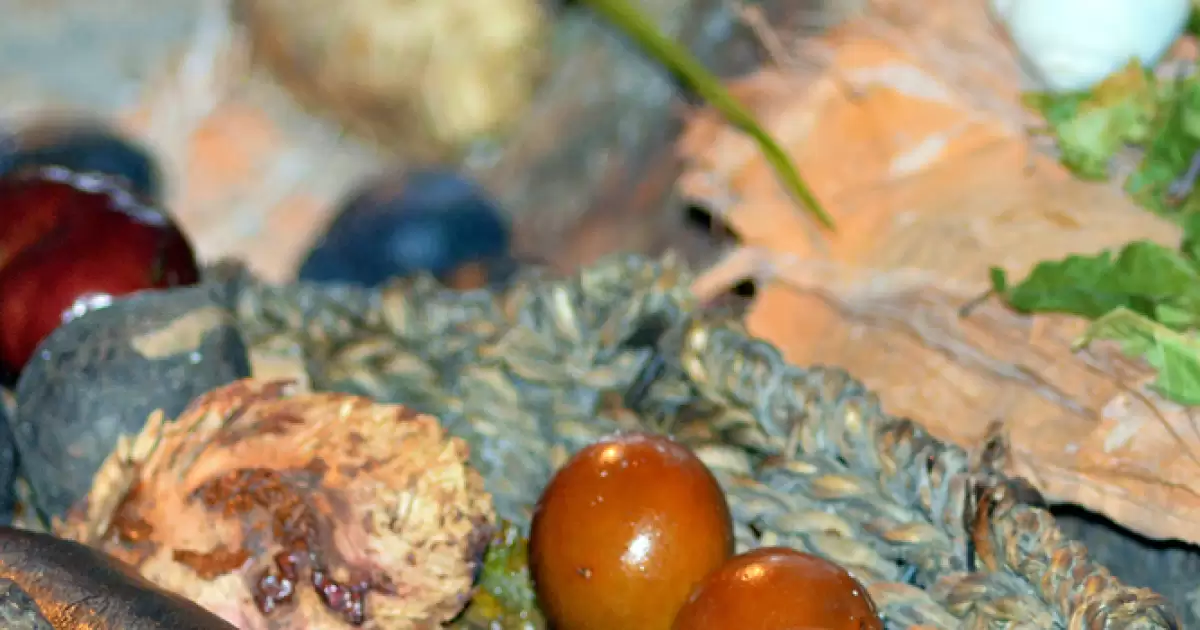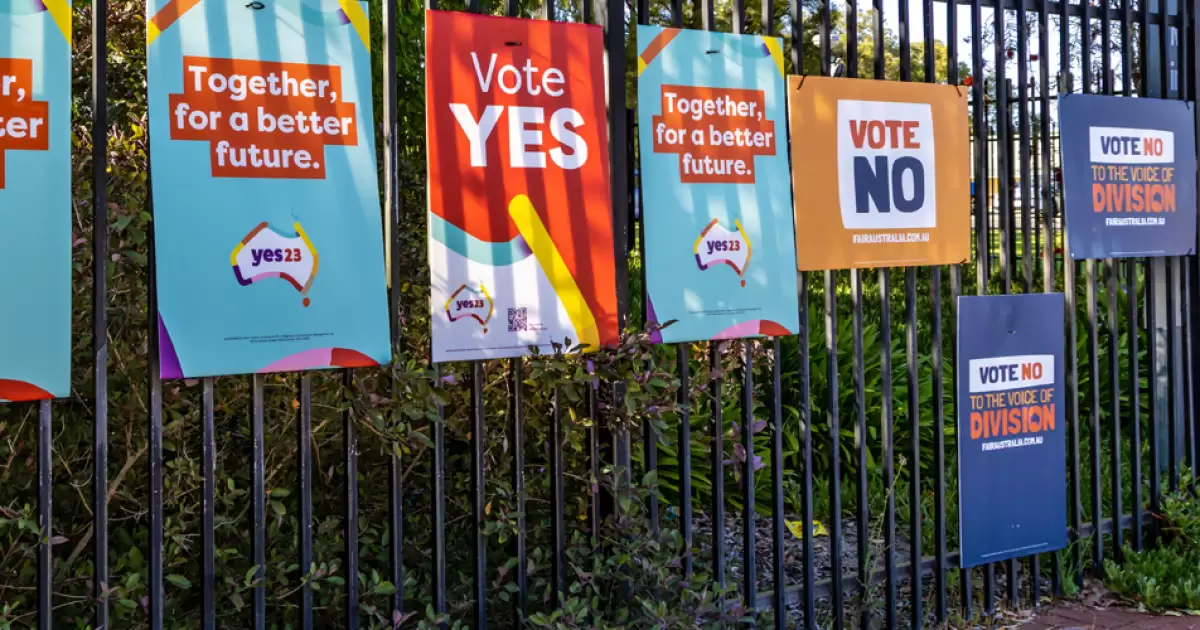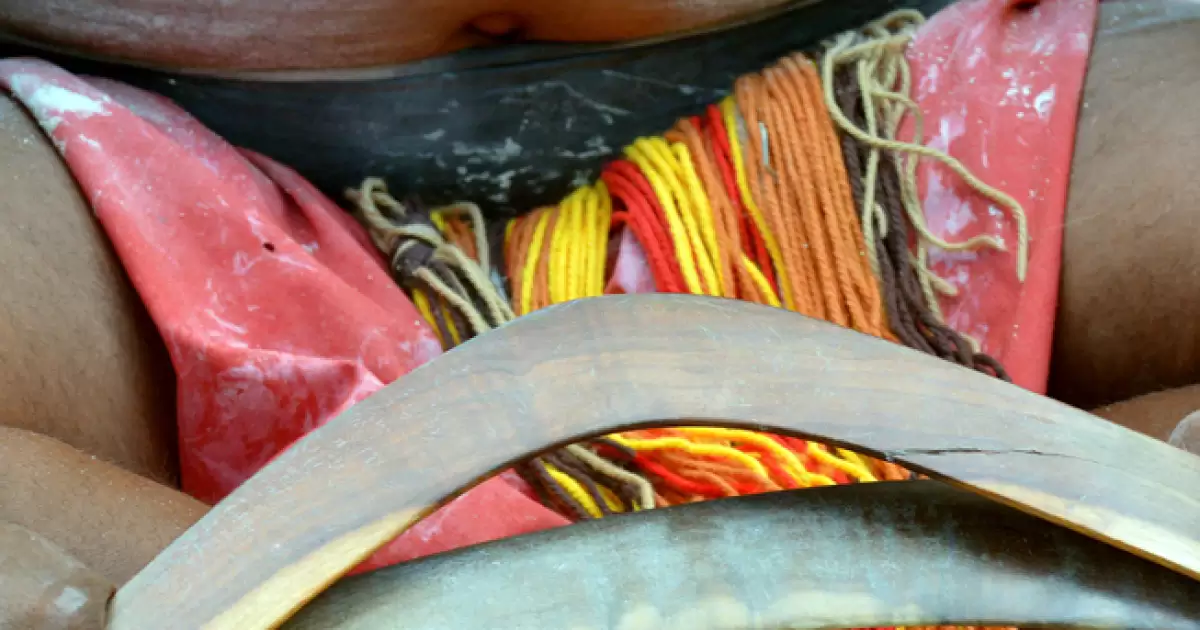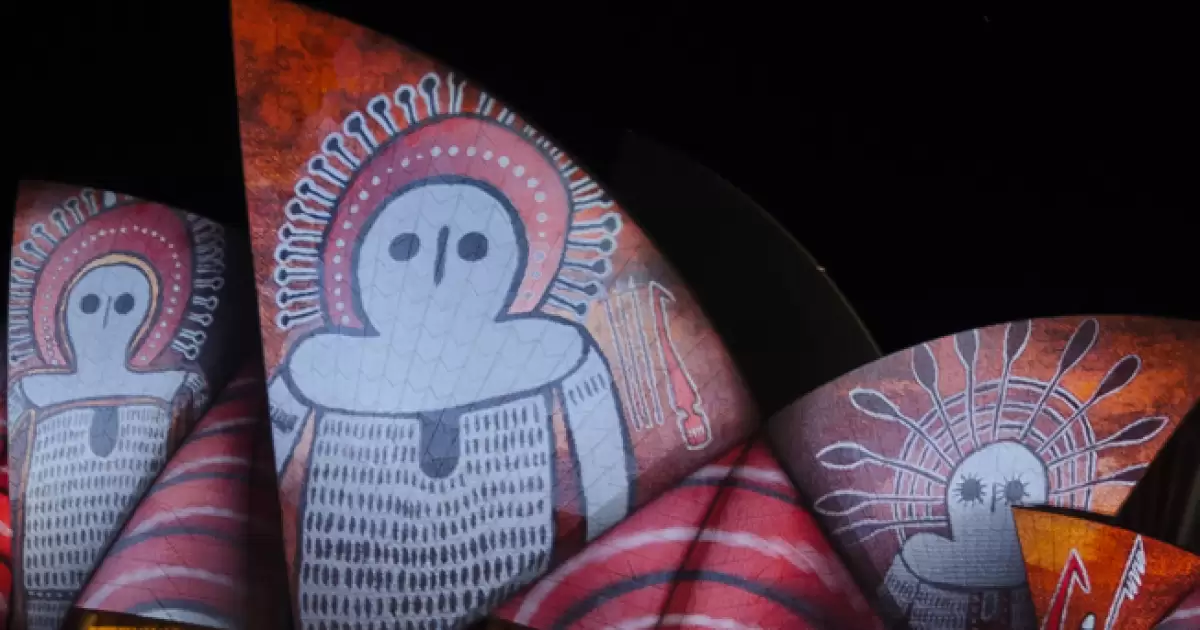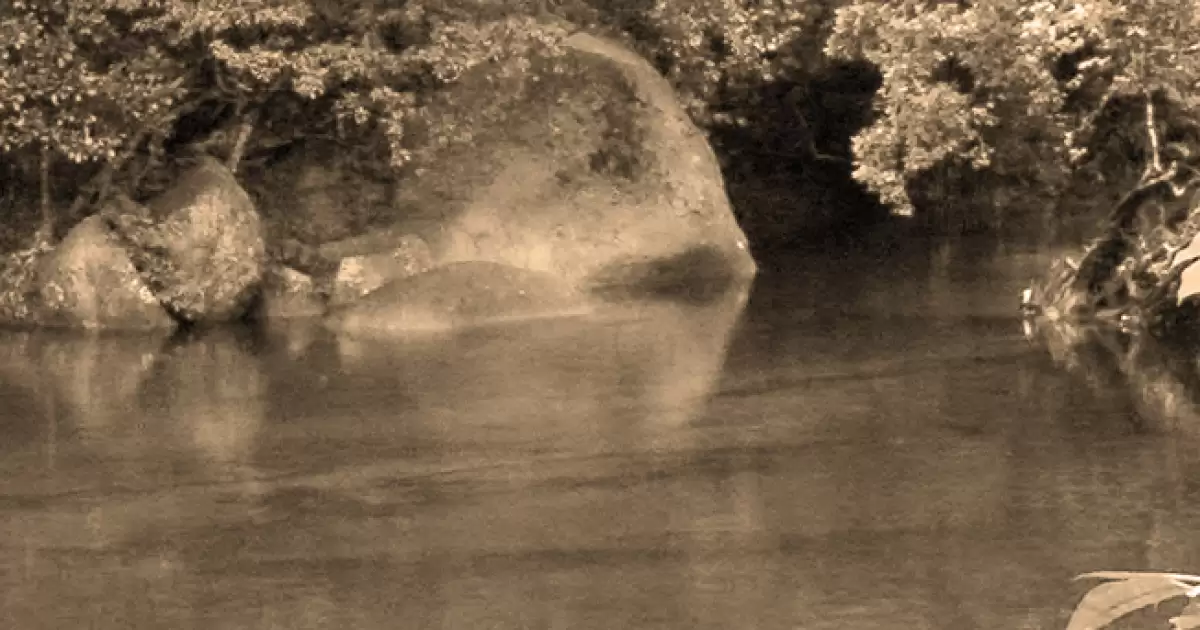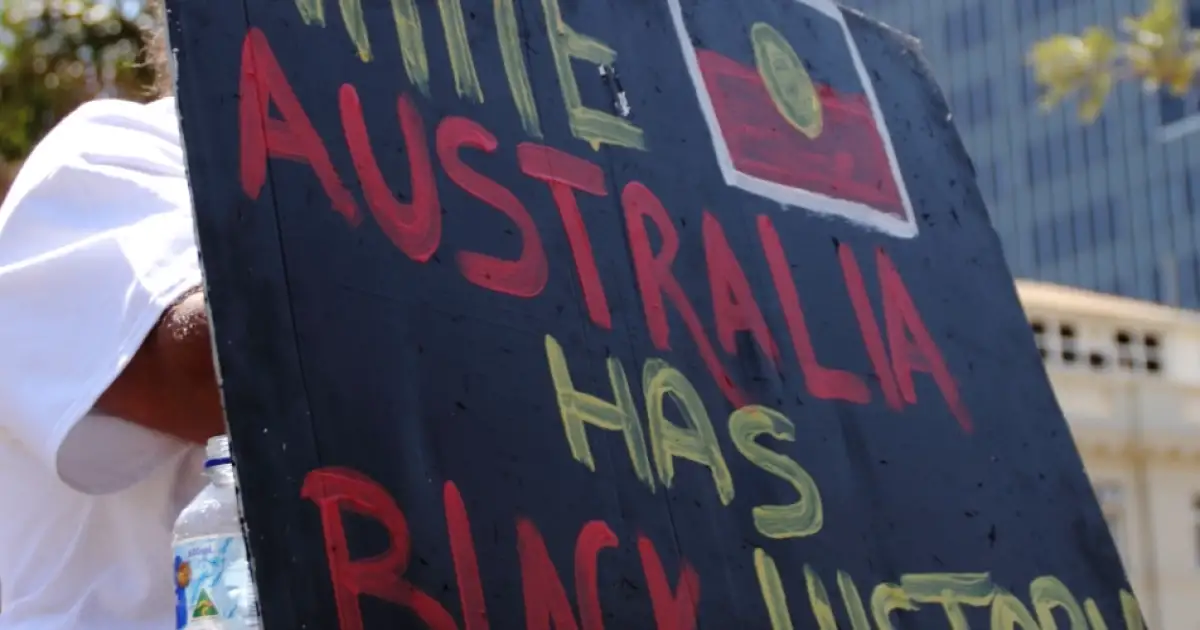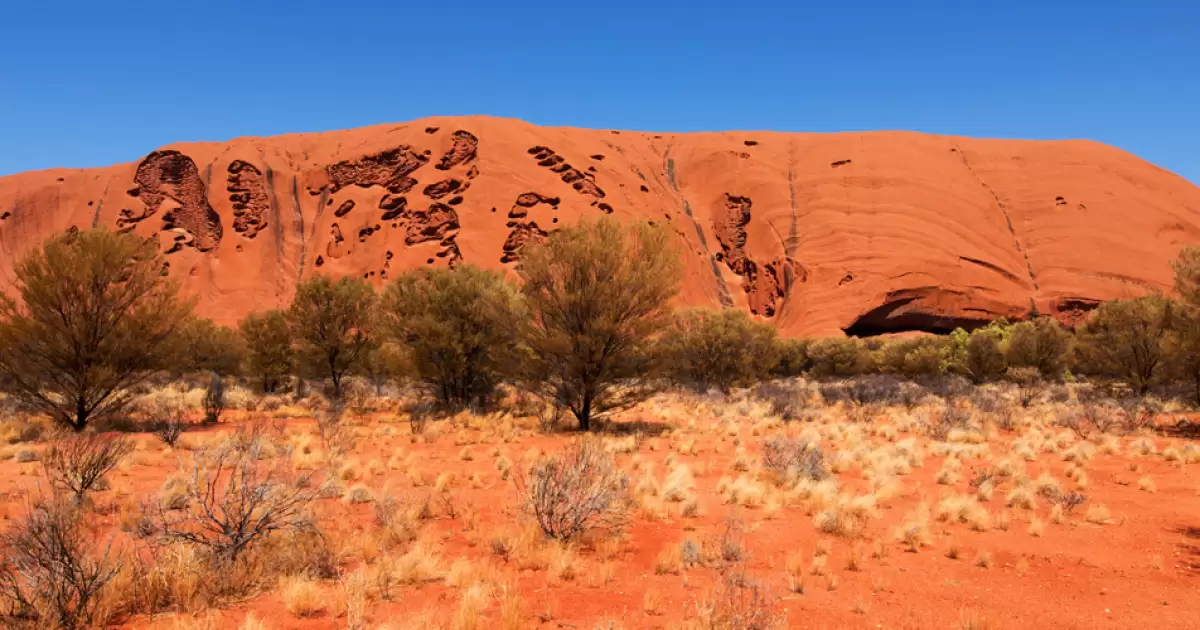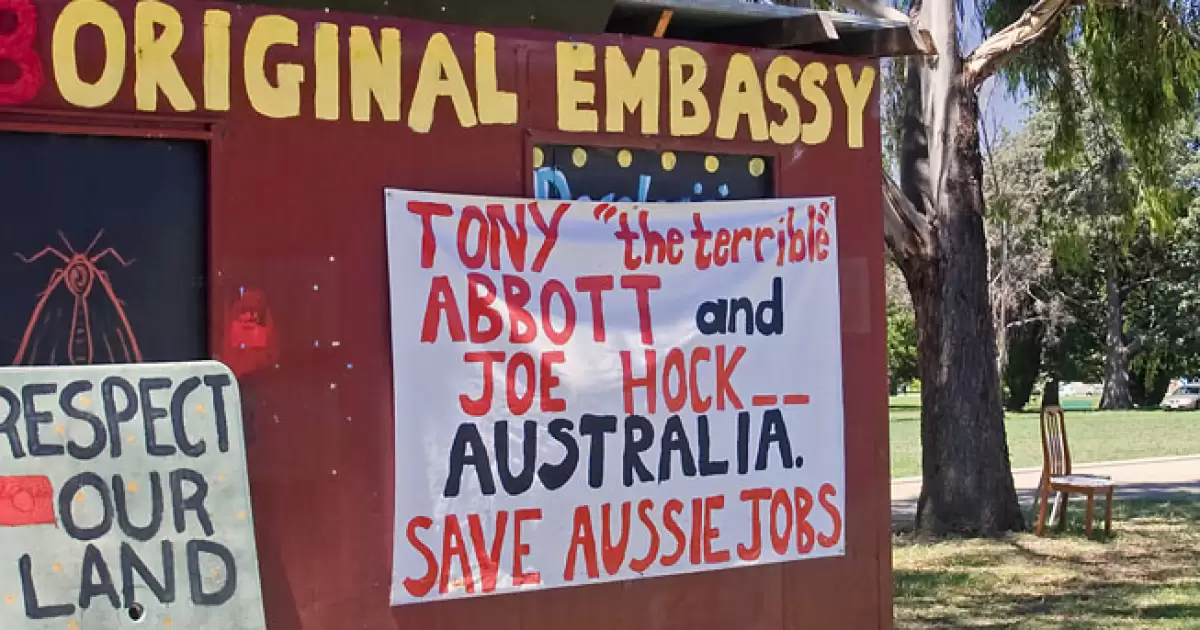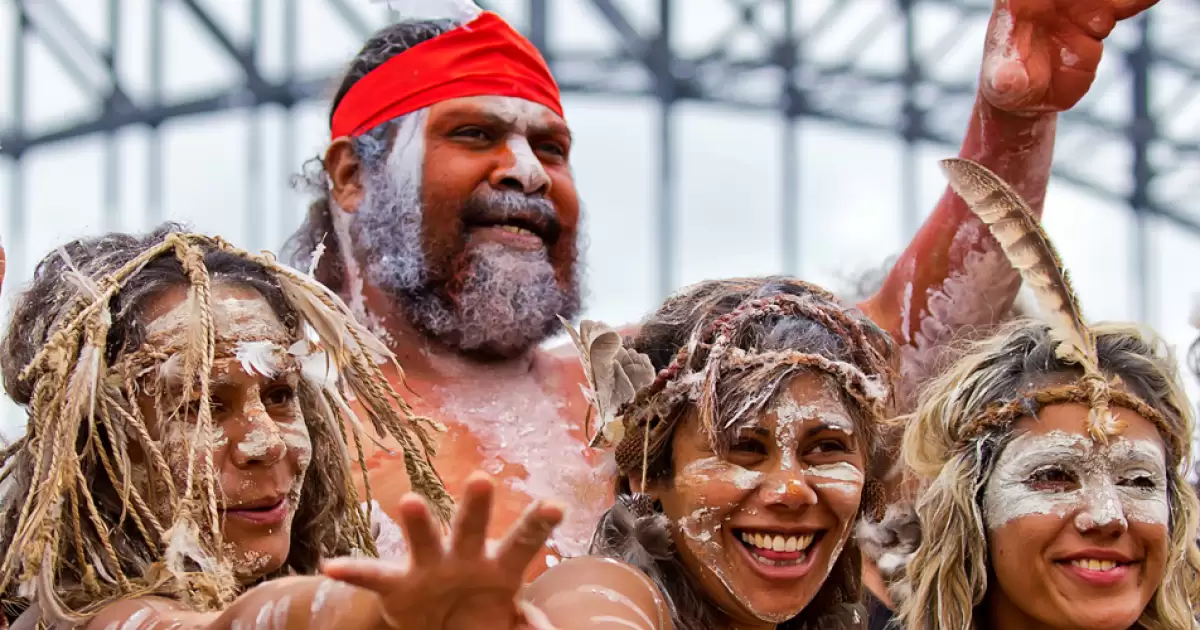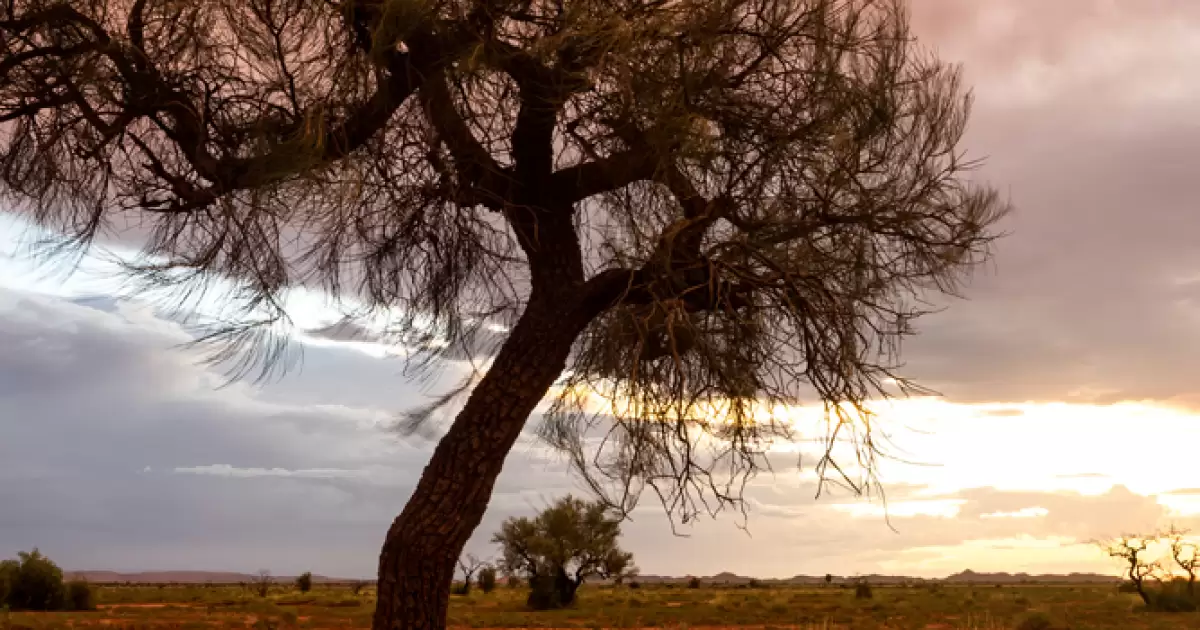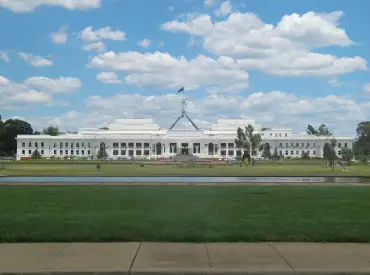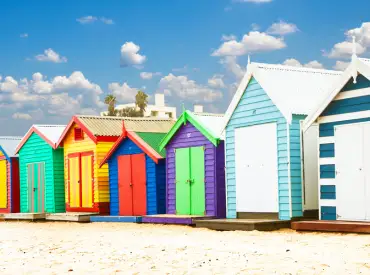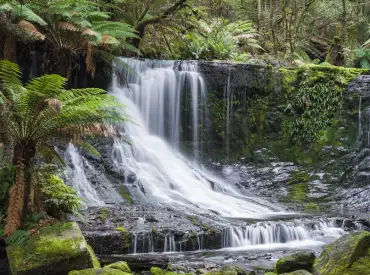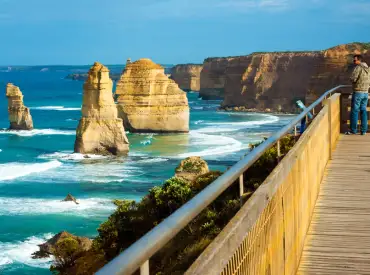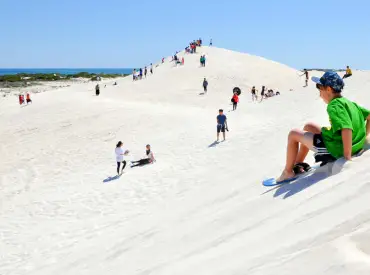First Nation people have a long and proud history in Australia that dates back over 65,000 years. Their culture is unique, vibrant and steeped in tradition.
The First Nation People of Australia are believed to have been the first inhabitants of the continent. They lived as nomadic hunters and gatherers for thousands of years before European settlers arrived in 1788. At this time, there were an estimated 750 different language groups across the continent with each group having its own distinct culture and beliefs.
Throughout their long history, the First Nation people have faced a number of hardships including land confiscation, forced removal from traditional lands and assimilation policies. In 1967, Australians voted overwhelmingly in favor of a referendum to give Aboriginal people equal rights under Australian law but it wasn’t until 2008 that the apology to the Stolen Generations was made by Prime Minister Kevin Rudd.
Today, Indigenous Australians continue to make valuable contributions to society through their art, music, literature and culture. The Aboriginal flag symbolizes pride and unity among all Indigenous Australians and celebrates their spiritual relationship with the land they live on. Unfortunately, indigenous Australians still face significant disadvantage compared to other Australian citizens; however there are initiatives such as Closing The Gap which aim to bridge this gap between Indigenous and non-Indigenous Australians.
Despite all that they have endured throughout their long history in Australia, Indigenous Australians remain resilient and proud of who they are today. They continue to contribute so much to Australian society through their artistry, knowledge and culture which should always be celebrated! Whether you’re looking for ways to support Indigenous communities or just curious about learning more about them - there are plenty of resources available online for everyone!

